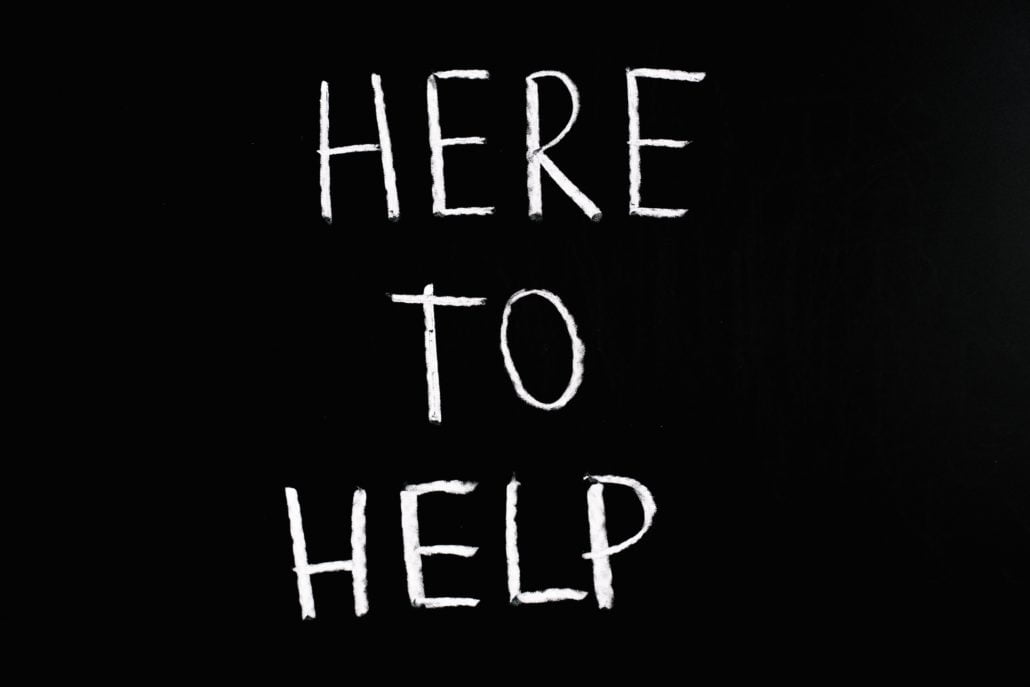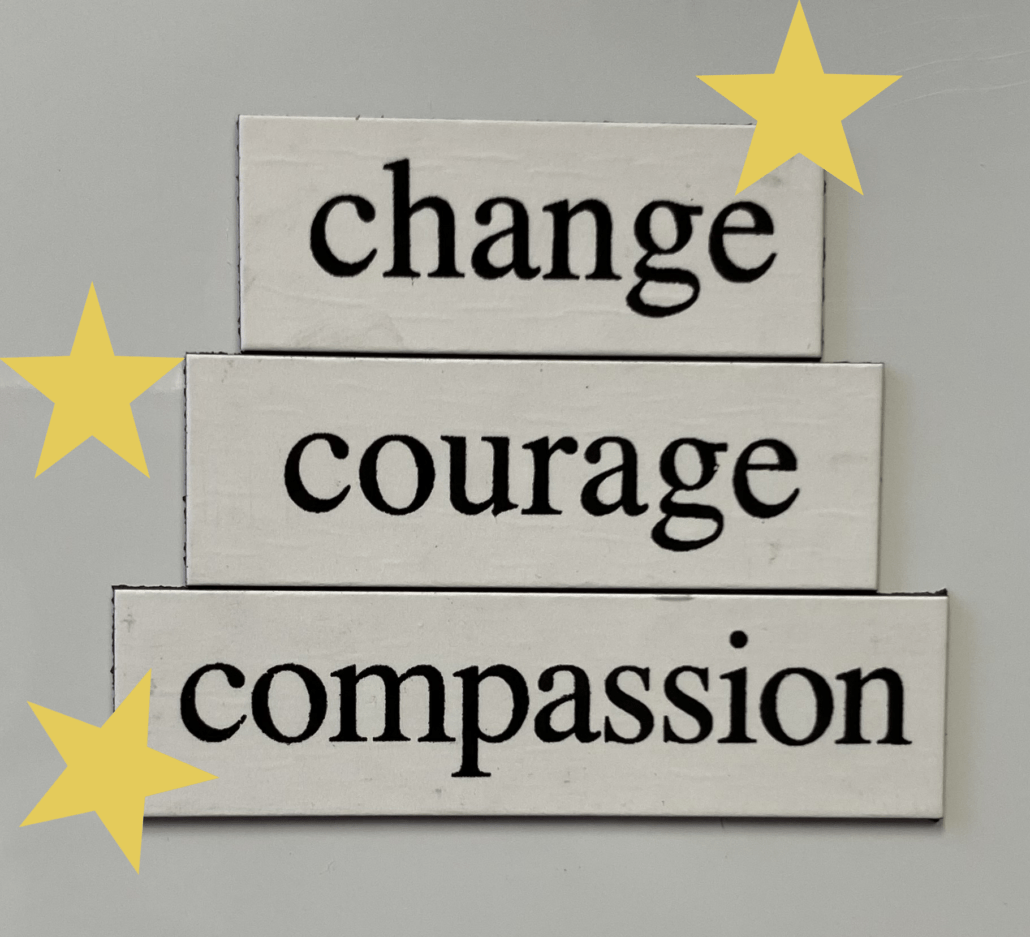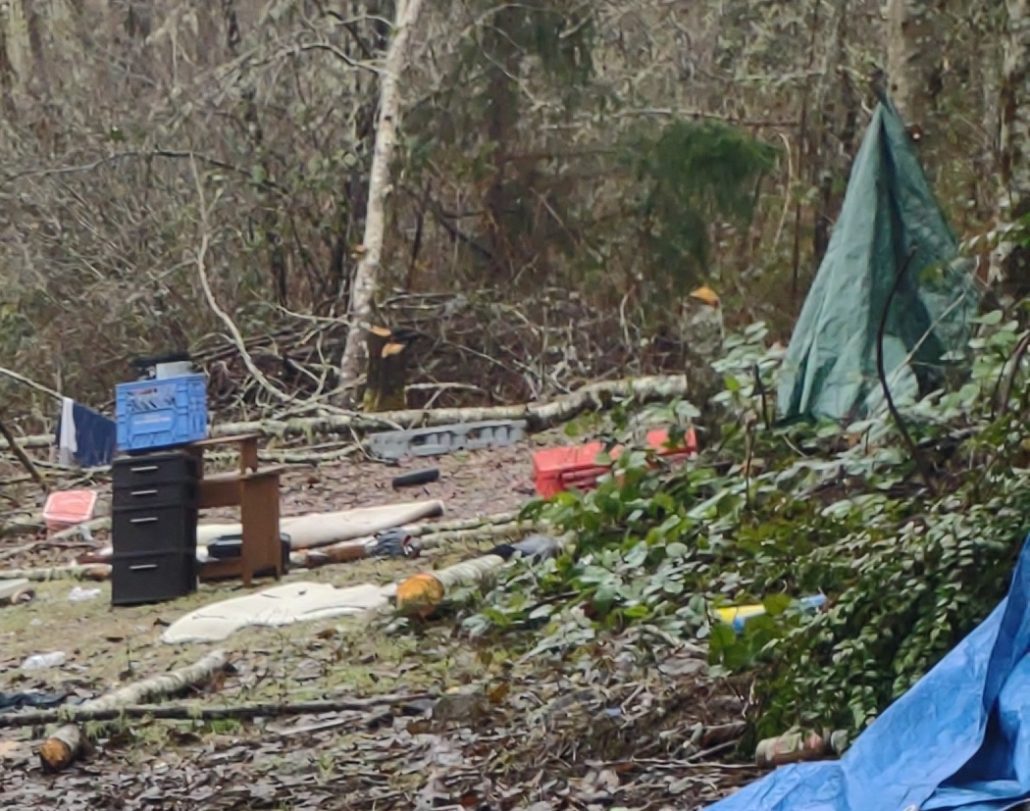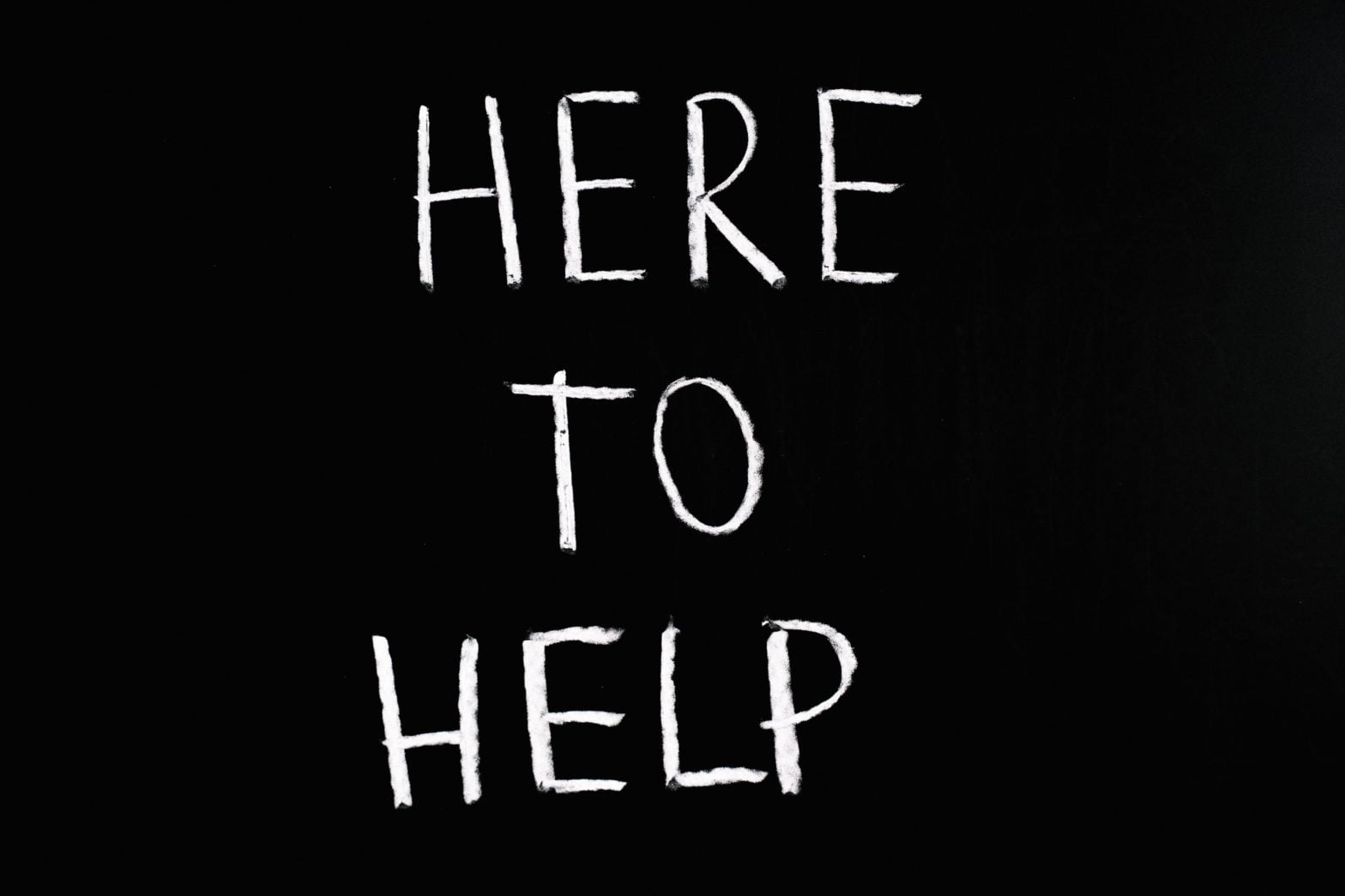
The Recovery Empowerment Advocacy and Linkage Program is still in its infancy stages, but REAL Team Peer Recovery Coach Michelle Vargo is serious about its mission to help at-risk and underserved people to access supportive and public health services. Michelle and the Team has visited the encampments of unhoused people throughout Kitsap County several times to provide information about services and help people access the assistance they need. They stop for people on the side of the road and search for those living in tents or wherever they can find them.
The REAL Team uses Law Enforcement Assisted Diversion (L.E.A.D.) core principles to partner with Police Departments and Kitsap County Sheriffs responding to police calls and referrals for those in need.
Impetus for Change
Michelle Vargo approaches her job with the empathy of someone who has lived through and overcome addiction. “I started using drugs when I was eleven,” she says. “I put so much of my life into addiction and chaos. Now in my recovery I want the total opposite. I strive to make everything in my life different.”
Michelle joined the program as a Peer Recovery Coach shortly after completing her own treatment. “The reason I wanted to work in this program is that I know the struggle,” she says. “I know what it’s like to be out there, and to feel lost.”

While a participant in the Mason County Drug Court program, she impressed the court and clinical team with her eagerness to fulfill whatever requirements were set for her. “I’m the type of person who, if there’s something to be done, I want to do it right now,” she says. “It’s taken a couple of years to get my life straightened out, but I finally know who I am, today. I’ve created a new me.”
Ways To Build Trust
Contrary to what people might think, offering help to people isn’t always easy. And in fact, it isn’t necessarily reasonable to walk into a homeless camp and expect people to welcome the attention.

“We’re first building trust with them,” Michelle explains. “We tell them we’re there to help. Usually, we have a hand warmer or a bottle of water or something — a peace offering — It makes them more willing to talk to us. And then I ask, ‘Are you willing to sit down and do a Needs Assessment with me?'” These brief questionnaires help the Recovery Coaches uncover needs for services. They are then able to make a referral to their care manager to help individuals obtain the services needed. Michelle says, “I tell them, ‘We’d like to get you the help you need, but it’s not a requirement at this time. We’re not forcing you into anything.'”
Sometimes, the reluctance comes because individuals aren’t ready to make that decision to get clean, or they’re wary of answering the questions on the Needs Assessment (even though it does not involve sensitive information). Some are so far into a drug psychosis or mental health crisis that they aren’t really aware of what’s going on. Others continue to say they’re almost ready, like the woman who believes she might be pregnant, but is still hesitant to give up substance use and accept the help she needs.
A Difference in the Community
The Team has had successes. Individuals in the community have completed Needs Assessments and become active REAL Team participants, accepting the Team’s offers of help, and are now receiving needed services. In one case, they helped an individual who had been sleeping in a tent behind a business to gain access to care management, a room in one of WSTC’s recovery houses, and substance use disorder treatment. They helped another person into crisis triage for mental health services, then into the shelter, inpatient, and now housing.
People’s willingness to accept help may increase soon. Often, it’s the truly cold, miserable weather typical of the next two months that causes people to hit rock bottom and decide to leave substances behind. But whenever the choice to change comes, the Team will be ready.
“It takes someone constantly showing you that you need to make that decision,” Michelle says. “Consistency. They know we’re coming back to check on them. They know that we care, and that we see them. We understand their struggle. So we tell them, ‘When you change your mind and decide that it’s time, call the number on the flyer. Any time. We’re here.'”



1 comment